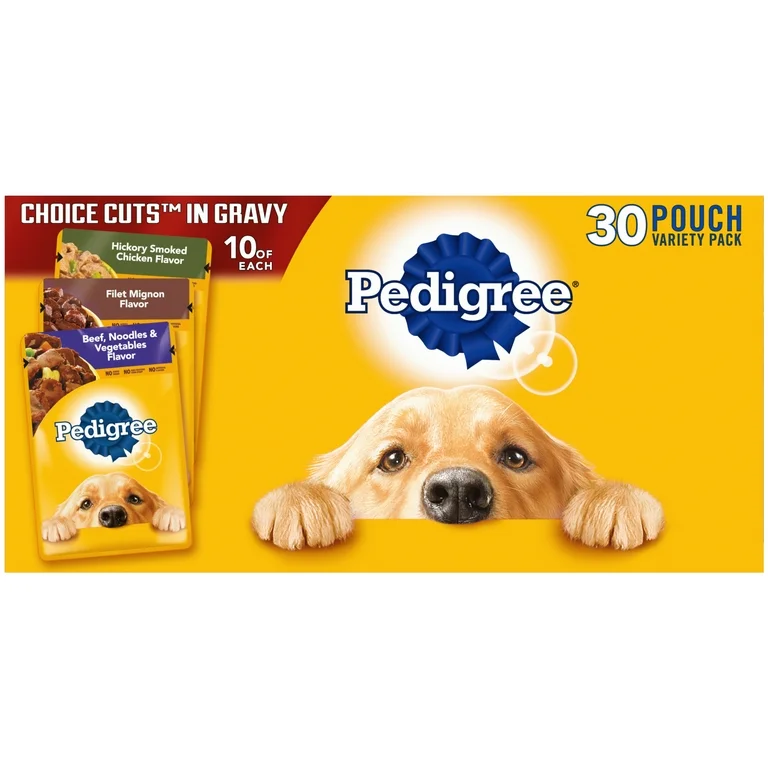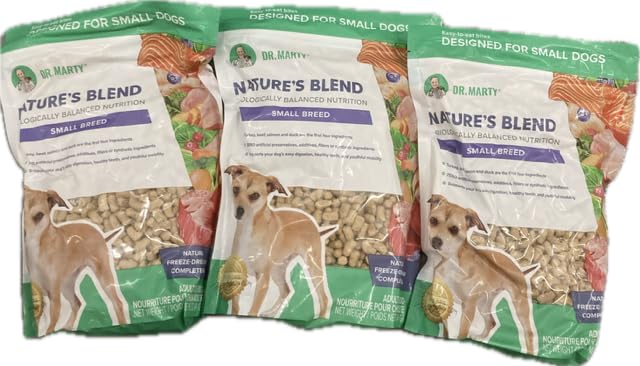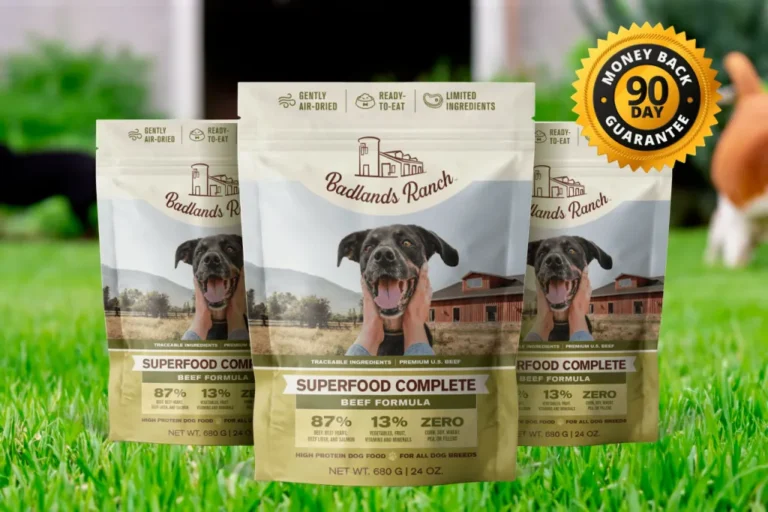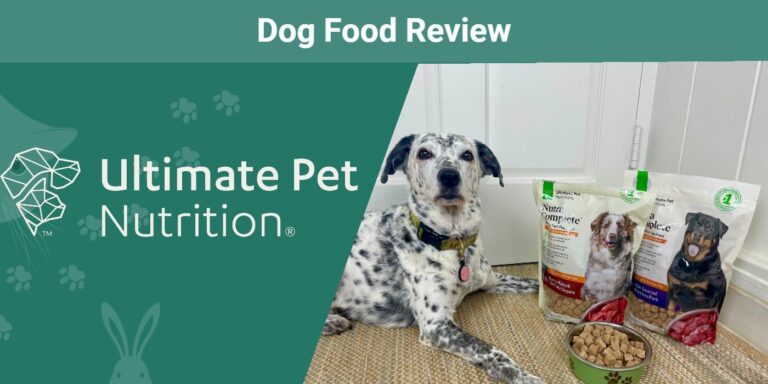Table of Contents
Choosing the right food for your dog is crucial for their health and well-being. With so many brands available, many pet owners ask, is Pedigree a good dog food?
This article looks closely at Pedigree’s ingredients, benefits, drawbacks, and expert opinions. This will help you decide if it’s the right choice for your pet.
What Is Pedigree Dog Food?
Pedigree is a well-known dog food brand produced by Mars Petcare. It offers dry kibble, wet food, and treats designed for dogs of all life stages.
Pedigree markets itself as an affordable and accessible option for pet owners worldwide. But does affordability mean quality? Let’s find out.
Key Ingredients in Pedigree Dog Food
The nutritional value of dog food is determined by its ingredients. Here’s what Pedigree contains:
1. Protein Sources
Pedigree primarily uses meat by-products, bone meal, and chicken by-product meal as protein sources. While these ingredients provide some nutrition, they are not as high-quality as real, whole meats like chicken or beef.
2. Carbohydrates and Grains
The main carbohydrate sources in Pedigree are corn, wheat, and rice. These ingredients give energy, but they are often fillers. They may not have the same nutrition as whole grains or vegetables.
3. Added Vitamins and Minerals
Pedigree has important nutrients like Vitamin E, Vitamin D, zinc, and calcium. These help with bone strength, coat health, and overall well-being.
4. Artificial Colors and Preservatives
Some Pedigree formulas have artificial colors and preservatives. This can be a concern for dogs with sensitivities or health risks.
Pros of Pedigree Dog Food
Despite some ingredient concerns, Pedigree offers several advantages:
✅ Affordable and Budget-Friendly
Pedigree is one of the cheapest dog food brands. A good choice for pet owners on a budget exists.
✅ Widely Available
You can find Pedigree in almost any grocery store, pet store, or online retailer, making it convenient to purchase.
✅ Palatable for Most Dogs
Many dogs enjoy the taste of Pedigree food, which can be helpful for picky eaters.
✅ Nutritionally Balanced
Pedigree follows the AAFCO (Association of American Feed Control Officials) nutritional guidelines. This ensures it gives the basic nutrients dogs need for good health.
Cons of Pedigree Dog Food
While Pedigree has benefits, it also has notable drawbacks:
❌ Low-Quality Protein Sources
Pedigree uses meat by-products and bone meal instead of whole meats. These may not be as nutritious or easy to digest as better proteins.
❌ High in Fillers
Corn and wheat are the main sources of carbohydrates. This means there are fewer nutrient-rich ingredients like vegetables and good proteins.
❌ Contains Artificial Additives
Some formulas include artificial colors and preservatives that could contribute to allergies or sensitivities in certain dogs.
❌ Not Ideal for Dogs with Food Sensitivities
Pedigree has grains and common allergens. This means it may not be good for dogs with grain allergies or sensitive stomachs.
What Do Experts Say About Pedigree Dog Food?
Veterinary experts have mixed opinions about Pedigree. Many veterinarians suggest using better dog food brands. These brands should have real meat and fewer fillers.
Dr. Emily Carter, a pet nutrition specialist, states:
“Pedigree is a good choice for pet owners on a budget. You can buy better dog food. Look for options with whole meat and fewer artificial ingredients. This can help your dog have a healthier diet.
Is Pedigree the Right Dog Food for Your Pet?
The suitability of Pedigree depends on your dog’s specific needs. If affordability and availability are your top priorities, it may be a reasonable choice. However, if you prioritize premium ingredients and high-quality proteins, you might want to consider other dog food brands.
Final Verdict: Is Pedigree a Good Dog Food?
So, is Pedigree a good dog food? While it provides basic nutrition, its reliance on fillers, meat by-products, and artificial additives make it less than ideal for pet owners looking for top-tier dog food. If your budget allows, choosing a dog food brand with real meat and fewer fillers may provide better long-term health benefits for your furry friend. Always consult your veterinarian before making any significant changes to your dog’s diet.







